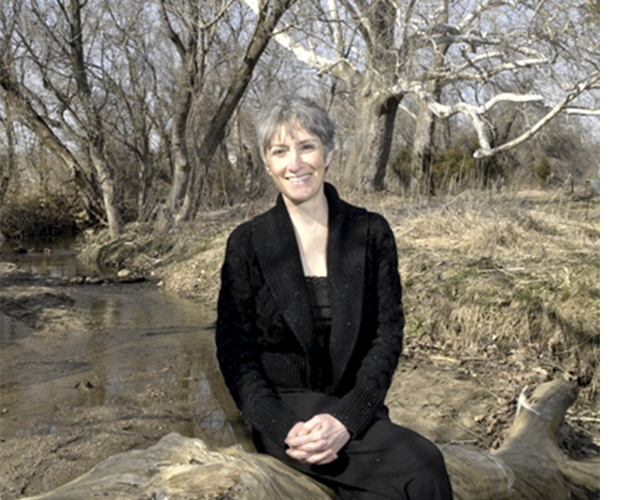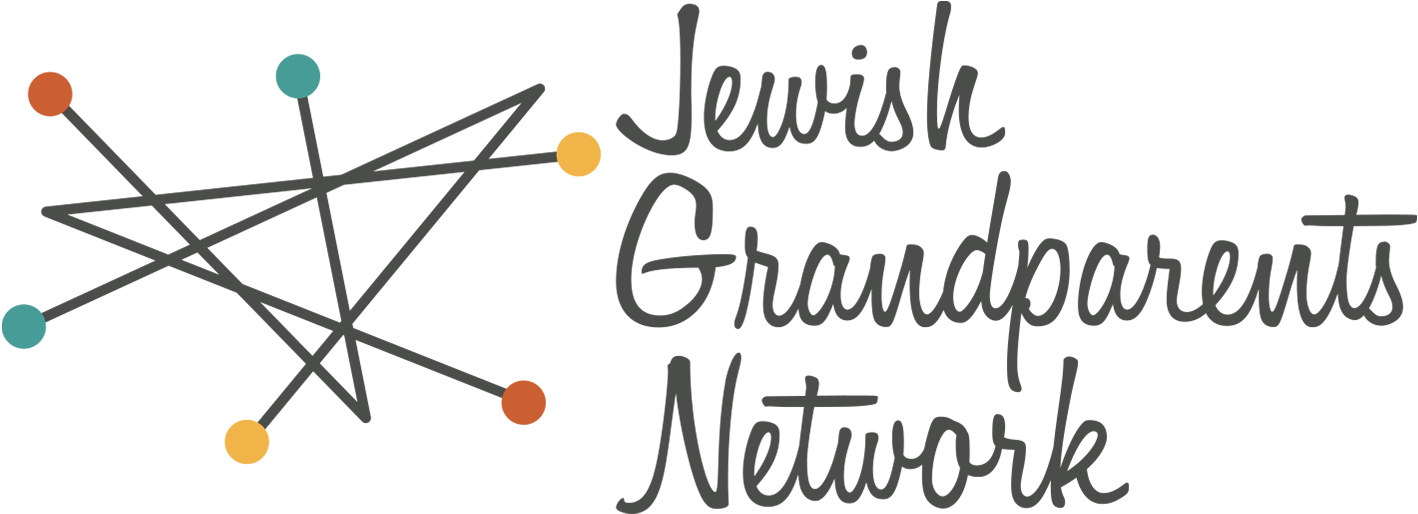
Feb 06 2020 The Gift of Trees
Ages:
AdultThe well-being of the world depends on our generation. How will we respond?
Once upon a time, about this time every year, our Hebrew school teachers would tell us the story of Honi Ha’ma’agal – Honi the circle-maker. The story was part of our annual celebration of Tu B’shvat – the Jewish New Year for the Trees – which always falls in January or February. In this tale from the Talmud, Honi (a youth with an attitude – no doubt a necessity for a budding miracle-man who will one day joust with God) encounters an old man planting a carob tree. “Old man,” a saucy Honi queries, “how many years does it take for that tree to bear fruit?” “Seventy years,” replied the old man. Honi responds, “And do you expect to live another 70 years?” “Of course not,” replied the old man. “But in my youth, I found the world full of carob trees. So just as my grandparents planted for me, I plant for my grandchildren.”
As a kid, I grew tired of hearing this story year after year. What did it mean to me – a child who identified with Honi and innocently, confidently believed I had ever so many years of life ahead of me and who took the presence of mature trees, plenty of food, and an invulnerable, stable world for granted. I assumed the world would always be a place filled with forests and neighborhoods shaded with arching bows of elm and sycamore. I thought there would always be fruit trees heavy with fruit, that each generation would preserve a world of plenty as their loving legacy left to the next.
Now I am a grandparent and I no longer identify with Honi but with the old man. I know my days are numbered and soon the earth will no longer be mine; but unlike the old man, I know that my generation has not planted and preserved an earth full of plenty for our children. Rather, the earth is worse for the wear under our watch. So besides feeling guilty, I sometimes feel despair.
But Judaism calls us always to hope, to join dreams to action and pursue the healing we seek. Our rabbis encourage us saying, “We are not obligated to finish the work but neither are we free to avoid it.”
Our work is the same as it has been for all generations before us: to leave a healthy world full of opportunity to our children. This work has taken on its greatest urgency for us.
We don’t need to tell our grandchildren about climate change or species loss or rising seas – they are teaching us. What we need to do is show them that as citizens of the world, as Jews, as their ancestors, as those who love them, we care, we are listening, and we are doing something about it.
And we can show them in almost everything we do. In the ways we build, the things we buy and the manner we consume, Judaism teaches us bal tashkhit – do not waste. Essentially that means we should not destroy without rebuilding and should not use without replenishing. Earth has only a certain capacity in which we can consume her resources and return them to her. We must understand what that is and live within that capacity. And we must learn to create so that at the end of an object’s life there is a way to reuse, repurpose or recycle it. As Samson Raphael Hirsch wrote: “ ‘Do not destroy anything!’ is the first and most general call of God…”
We can show our grandchildren in the ways we eat – with a diet heavy on plants, light on flesh and other products from animals, seasonally as much as possible, so they understand that food comes from the soil, and not from the grocery store.
We can show them through the energy we purchase and by the ways we travel – on what, how far, how often, for what purpose.
Everything we do leaves an imprint on the resources of this earth – and everything we do leaves an imprint on the souls of our grandchildren. They see us, watch us and in the end, they will judge us.
I think of Honi and the old man often these days. For I have recently planted an “orchard” on my front lawn. I have one Asian pear tree, five apple trees, a fig tree and a serviceberry tree. They are all very small. But they are my legacy.
They are supposed to be hardy trees that will flourish both in the current climate and the warmer one that is creeping north.
The Asian pear is the only one that produced any fruit this year. The others are either too young or need more tending. Still, my grandchildren occasionally helped me harvest the fruit – and my grand-nephew ate it. They all live on the street behind me.
I am hoping that in years to come, even after I die, the trees will remind them of how I sought to plant for them and how they in turn must plant for generations yet to come.
Rabbi Cardin lives in Maryland where she is an environmental activist and is planting and tending an orchard for her grandchildren.
What grandparents can do on Tu B’shvat:
- In the days ahead, a new organization, JTree, will post its website. Through this organization individuals will be able to “plant” trees in places around the world that can use them most. Until the site launches, readers should visit http://trees.org/
- Another new organization “Dayyenu” will provide American Jews to participate in climate action. https://dayenu.org/
- Elders Climate Action is a non-Jewish organization environmental organization https://www.eldersclimateaction.org/



 We use technologies like cookies to remember your preferences. Consenting to these technologies will provide you with a better browsing experience. JGN never shares information about your use of our website.
We use technologies like cookies to remember your preferences. Consenting to these technologies will provide you with a better browsing experience. JGN never shares information about your use of our website.